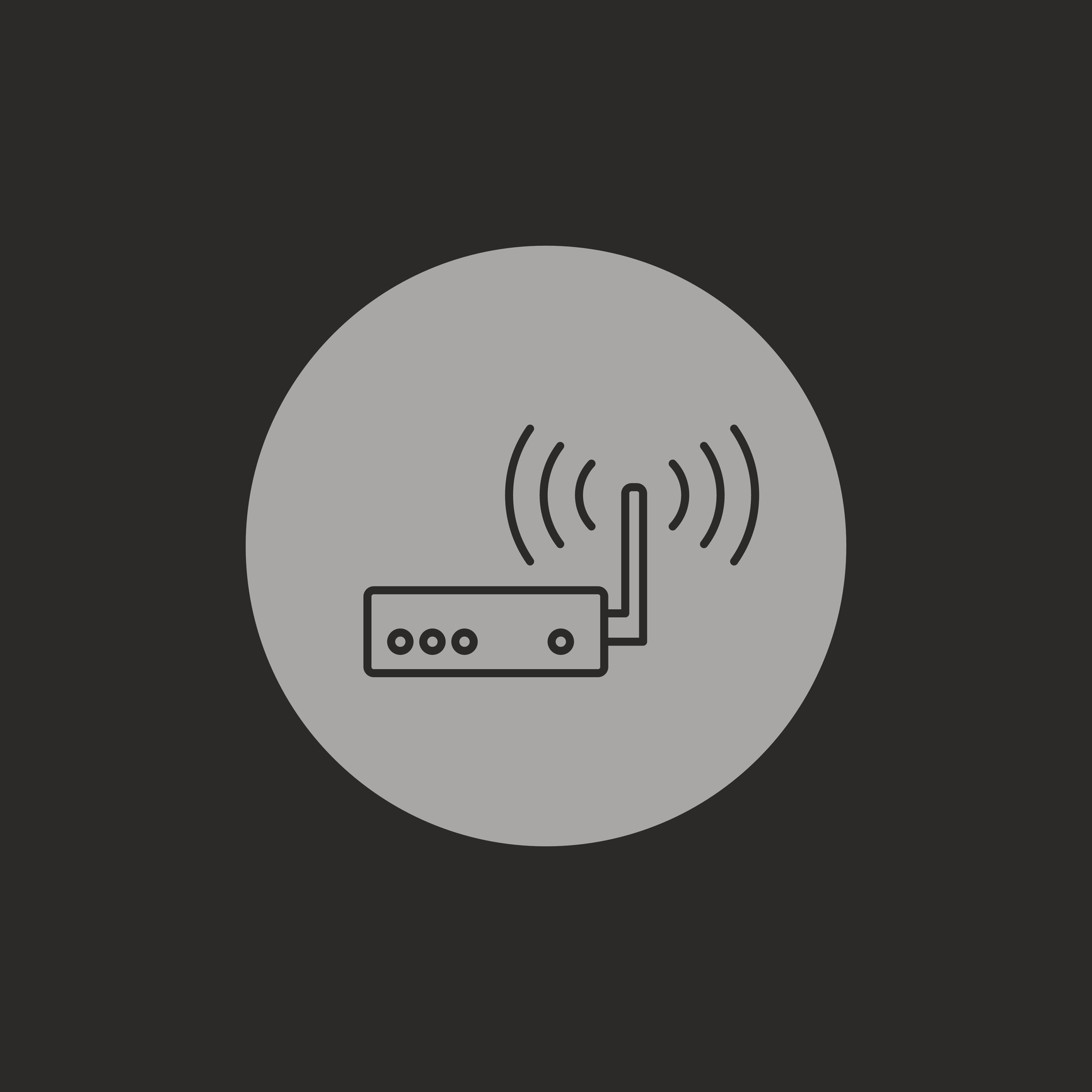E-Rate and Universal Service Under Fire; ALA Prepares for Supreme Court

More than half of all public libraries each year apply for E-Rate funding to support the broadband capacity needed to serve our communities nationwide. Recent legal challenges threaten this program for libraries and schools as part of the Universal Service Fund (USF) managed by the Federal Communications Commission (FCC).
The USF is a program supported by subsidies and fees that promote universal access to telecommunications services. Initially focused on connecting telephone coverage, even in rural remote areas, the Telecommunications Act of 1996 expanded the traditional goal of the USF programs to include broadband and high-speed internet. The four USF programs are:
- Connect America Fund for rural areas;
- Lifeline for low-income consumers and residents on Tribal lands;
- The E-Rate program for schools and libraries; and
- Rural Health Care.
Read more about the history, current programs, and contribution mechanisms here.
Libraries around the country rely on E-Rate subsidies for their broadband connectivity, and the communities they serve rely on this vital connection as well. The program has been a quiet powerhouse for libraries and schools for nearly 30 years.
Consumers’ Research has brought suits against the FCC in several appellate courts across the country, alleging that the USF contribution factor is unconstitutional. The 5th, 6th and 11th courts all agreed with the FCC and intervenors in the case and upheld the USF funding system as constitutional. However, in July, upon further review, the 5th circuit court ruled that the USF is not constitutional.
Now, the case is headed to the Supreme Court, and ALA plans to go to court to defend the USF and the E-Rate program. The court is expected to grant certiorari in November, and amicus briefs will be needed.
ALA also is working closely with our coalition partners at the Schools, Health and Libraries Broadband (SHLB) Coalition, EdLiNC, and Keep Our Communities Connected Coalition to raise public awareness and educate policymakers and stakeholders about the critical importance of the USF programs for ensuring telecommunications access for all.
Two other court cases are currently in the works that could also impact the E-Rate program and the USF: Todd Heath v. Wisconsin Bell and Molak v. FCC (school bus wi-fi). ALA joined an amicus brief of school and library groups supporting E-Rate in the school bus wi-fi case, and continues to work with partners at the SHLB coalition to monitor all challenges brought against E-Rate and the USF. (Read SHLB’s blog post about all three cases for more.)
Do you have stories about what E-Rate means to your library and your community? Please reach out and share them with me at mjanicki@alawash.org; stories like yours help demonstrate the long-term value and impact of the E-Rate program. Our government leaders need to hear the real, on-the-ground impact that these programs have on our communities.
Tags: communiitesconnected, erate, universalaccess, usf









